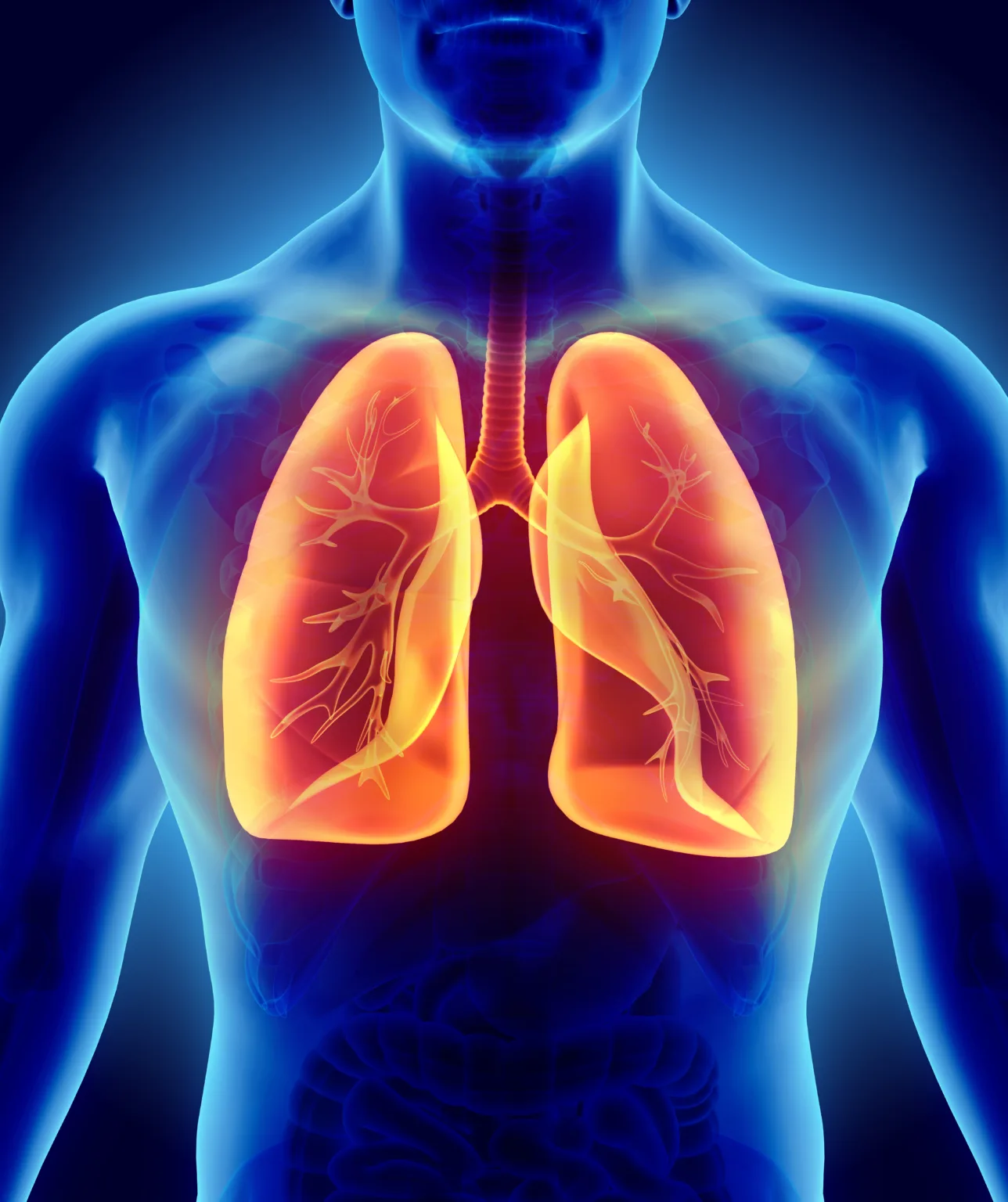Lung Cancer Treatment & Surgery

At Millennium Physicians, our Lung Cancer Oncology department is dedicated to enhancing the lives of lung cancer patients through groundbreaking research, compassionate, patient-centered care, prevention, and education. Our ultimate mission is to make significant strides toward eradicating lung cancer.
We aim to be at the forefront of lung cancer research by advancing preventive measures, pioneering innovative treatments through clinical and translational research, and cultivating the next generation of lung cancer oncology specialists.
Our team is committed to a holistic approach, emphasizing research, patient care, education, and prevention for individuals facing lung cancer. Additionally, we are proud to train future physicians, clinicians, and scientists in cancer research. By combining clinical research with an in-depth understanding of lung cancer biology, we integrate the latest advancements in prevention and treatment to provide exceptional care to our patients.
What is Lung Cancer?
Types of Lung Cancers We Treat
Non-Small Cell Lung Cancer (NSCLC)
The most common type of lung cancer, NSCLC includes subtypes like adenocarcinoma, squamous cell carcinoma, and large cell carcinoma, each with targeted treatment options available.
Small Cell Lung Cancer (SCLC)
An aggressive form of lung cancer often linked to smoking, SCLC responds well to chemotherapy and radiation in early stages.
Adenocarcinoma
A subtype of NSCLC, adenocarcinoma usually starts in the outer parts of the lung and is more common among non-smokers.
Squamous Cell Carcinoma
Another NSCLC subtype, this cancer often begins in the airways of the lung and is typically found in smokers
Large Cell Carcinoma
Frequently Asked Questions About Lung Cancer
Early signs can include a persistent cough, chest pain, shortness of breath, and unexplained weight loss, though symptoms may not appear until the cancer is more advanced.
